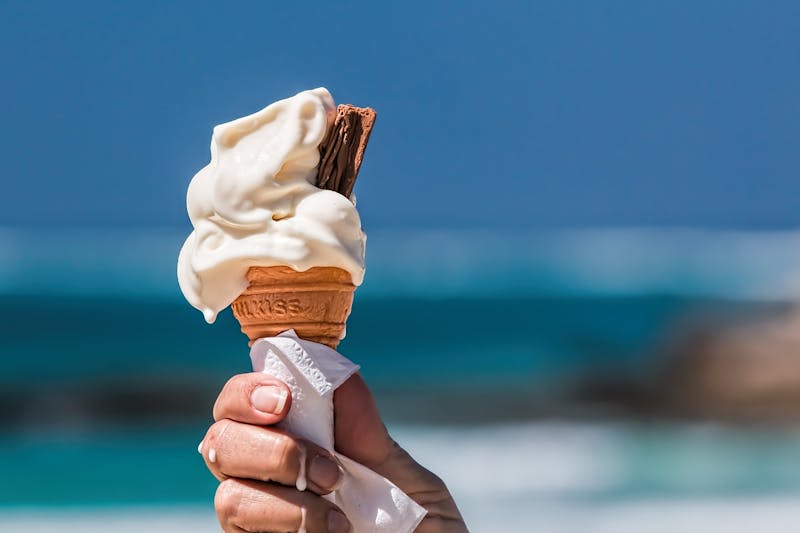
For years, nutrition experts have been saying that “a calorie is a calorie” – that as long as you were staying within your allotted calorie goals and exercising enough, you’d lose weight. But new research is showing that this actually might not be as true as once thought. The timing of a meal may be just as important as the amount of calories you’re eating in a day.
The Science
Recent animal studies have shown that the body may process food differently at different times of the day. Food eaten late at night can prompt weight gain more than food eaten earlier in the day due to hormone levels, physical activity, changes in body temperature, and the way food is digested and absorbed.
In a 2013 study, researchers found that overweight people who ate their largest meal after 3 PM lost less weight during a 20-week weight loss program than overweight people who ate their largest meal before 3 PM. The amount of calories they consumed, the amount of time they slept, and the amount of exercise they got was the same.
Another smaller 2015 study measured the amount of calories burned following a meal. Women who ate lunch after 4:30 PM burned fewer calories from “resting and digesting” than women who ate lunch at 1:00 PM. The amount of calories eaten and the amount of physical activity was the same. The women who ate later also had more difficulty burning off carbohydrates and had decreased tolerance to glucose – a risk factor for developing diabetes.
Late Night Snacking
It’s just not the timing of the food that makes a difference, though. People who eat late at night tend to indulge in extra-salty and extra-sweet snacks, like popcorn, chips, and ice cream, which tend to be more caloric.
So what can you do to ensure that you’re staying on track at night?
One seemingly obvious answer is to keep unhealthy, tempting foods out of the house. When you’re sitting on the couch craving potato chips at 9 PM, it’s a lot easier to hold off if they’re still on the grocery store shelf, rather than in your pantry.
Another thing you can do is make sure you’re not overly restricting yourself during the day. If you don’t allow yourself enough food to keep you satisfied during the day, you’re more likely to give in and binge at night. Make sure you’re eating a healthy breakfast, lunch, and dinner with a few satiating snacks in between.
People often think of dinner as the biggest meal of the day, but don’t fall into that mentality. Instead, make breakfast or lunch your biggest meal and go lighter for dinner. There’s a phrase that says “eat breakfast like a king, lunch like a prince, and dinner like a pauper”. What this means is eat your biggest meal early in the morning, then gradually reduce the amount you’re eating as the day goes on.
Now we want to hear from you! Do you eat late at night? Or do you eat your biggest meal early in the morning? What tips and tricks do you have for staying on track late at night?

